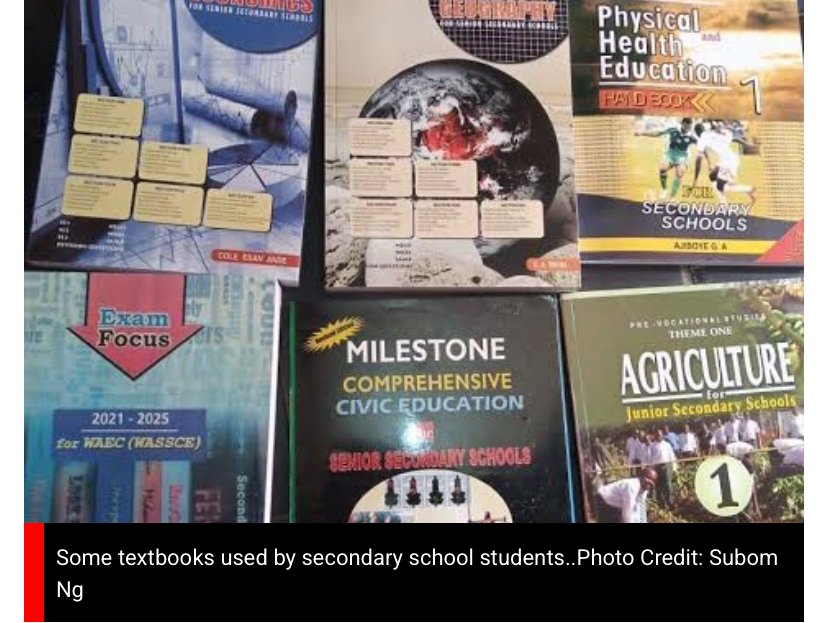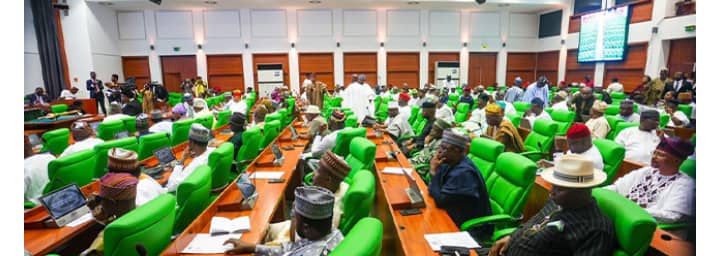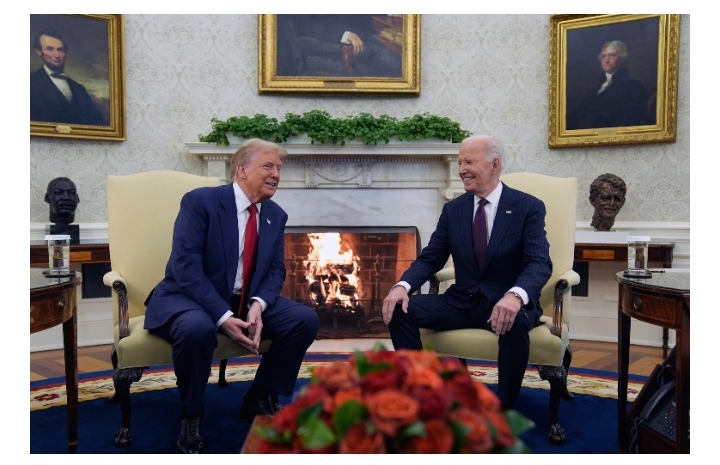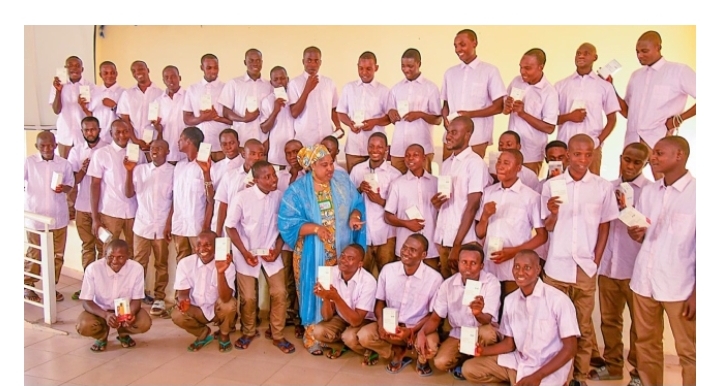Nigerian States Take a Step Towards Sustainable Education
In a bid to reduce the financial burden on parents and promote sustainability in education, several Nigerian states have implemented a ban on non-reusable textbooks. Imo, Benue, Anambra, and Ondo states have all adopted this policy, allowing used schoolbooks to be passed down to younger siblings or other students.
By reducing the need for parents to purchase new textbooks every academic session.
By encouraging the reuse of textbooks and reducing waste.
By alleviating the economic strain on families, allowing them to focus on their children’s academic development.
The policy allows textbooks to be reused by younger siblings or other students, reducing the need for new purchases. This approach was common in the past, where students would wrap and preserve textbooks for their younger siblings. The current design of textbooks, which requires students to write directly in them, has made it difficult to reuse them .
Publishers have been criticized for capitalizing on the demand for new textbooks each year, partnering with schools to guarantee annual profits. Some school owners also prohibit parents from purchasing textbooks from outside vendors, even when they are cheaper .
The ban on non-reusable textbooks is a step towards making education more sustainable and affordable. By adopting this policy, these states are setting an example for others to follow, and potentially reducing the financial burden on parents and promoting a more environmentally friendly approach to education .






